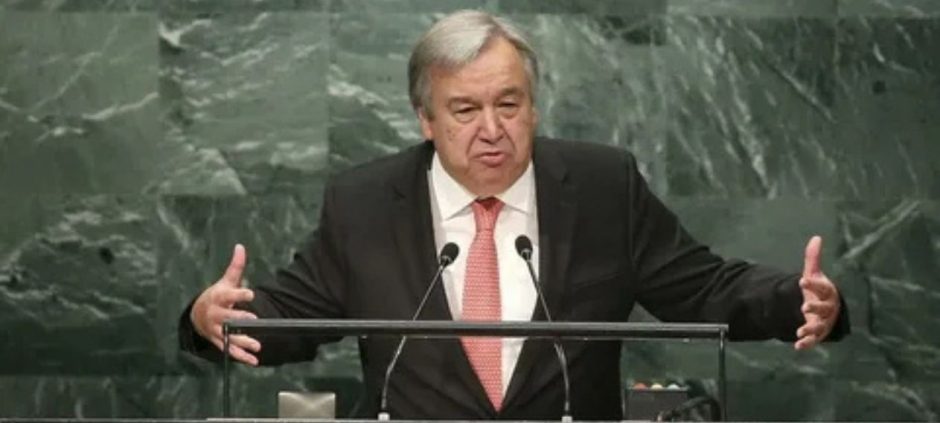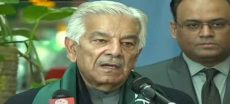The next UN chief selection has become a major topic in global politics, with multiple countries and candidates positioning themselves for the coveted role. The UN Secretary-General plays a pivotal part in shaping international diplomacy, managing peacekeeping missions, and guiding the world body on critical crises. Understanding how the next UN chief will be chosen is essential for anyone following global affairs.
The selection process begins with informal consultations among the five permanent members of the UN Security Council: the United States, China, Russia, the United Kingdom, and France. These nations wield veto power, giving them decisive influence over who can ascend to the top position. In addition, the Security Council forwards a recommendation to the General Assembly, where all 193 member states vote to approve the appointment.
Countries are already actively campaigning, signaling their preferred candidates. While no official list has been released, speculation suggests that diplomats from Europe, Africa, and Asia are all vying for the role, with gender diversity and regional balance becoming increasingly important factors. Observers say that the next UN chief will likely be someone with experience in international diplomacy, crisis management, and a reputation for neutrality.
Global issues such as ongoing conflicts and humanitarian crises are shaping the conversation. Recently, the United States cast its sixth veto at the UN over the Gaza conflict, highlighting how major powers’ interests intersect with the Secretary-General’s mandate. This demonstrates how critical the role will be in navigating disputes and mediating between powerful nations.
The next UN chief is expected to address several urgent global challenges: maintaining peace in conflict zones, combating climate change, and improving the UN’s responsiveness to humanitarian emergencies. Analysts note that the Secretary-General’s ability to balance political pressures while advancing global initiatives will define their legacy.
As the world watches, the process remains both strategic and delicate, with vetoes, endorsements, and negotiations influencing the final outcome. Whoever becomes the next UN chief will hold one of the most powerful and symbolic positions on the international stage, tasked with guiding the United Nations through a complex era of diplomacy, conflict, and cooperation.











